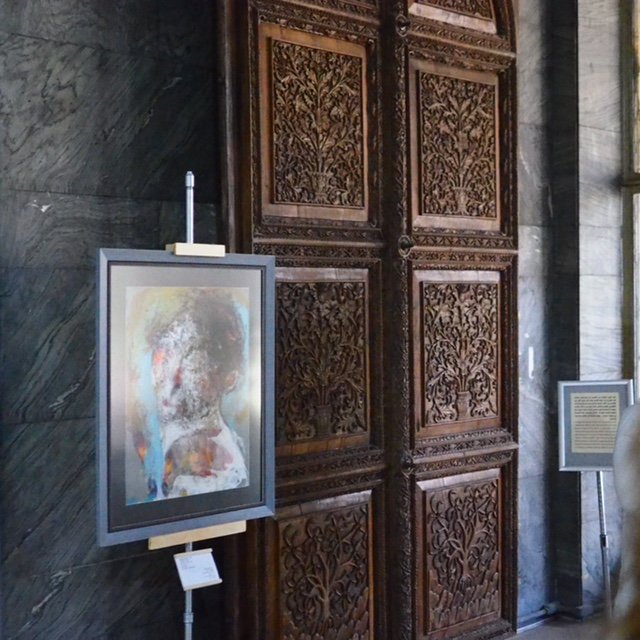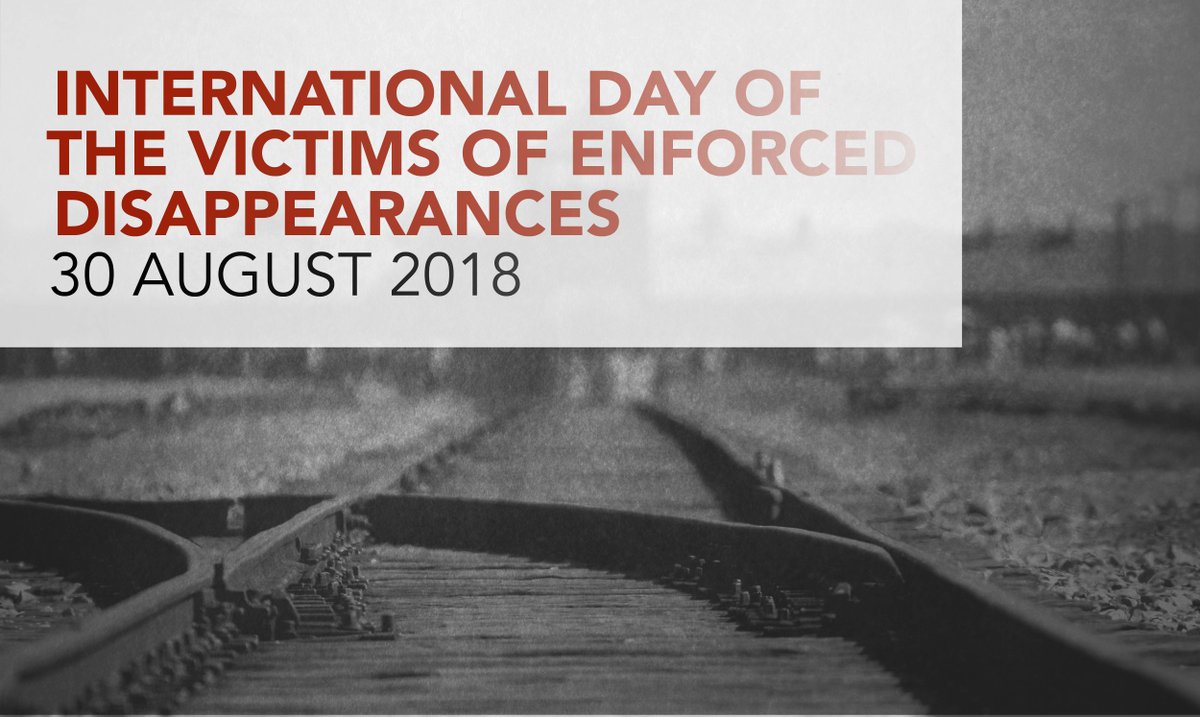Sudden Fear was on TCM. My girlfriend had never seen a Joan Crawford movie. I was like, "You're one year younger than me! One year!" But she really had never seen Joan Crawford in a film. (Though she had seen MOMMY DEAREST where Faye Dunaway plays Joan and FEUD where Jessica Lange plays Joan.)
So we watched and she was expecting a cheesy film (she said so) but she got into the film immediately.
Joan deserved her Oscar nomination (she was nominated for this film) and maybe she even deserved a second Oscar. Certainly she deserved it more than Shirley Booth who won that year and who was never anything but a character actress, not a leading actress. If it hadn't gone to Shirley, it could have gone to Joan or to Bette Davis (for The Star).
So she's a playwright, in the film, and her new play is being rehearsed but this lead actor, she just doesn't believe him as a romantic lead. To her, Lester (Jack Palance) just doesn't have the mysterious 'it' quality. So she fires him.
Her play's a smash on Broadway and she's returning to her home in San Francisco by train. Guess who's on the train? Right, Jack Palance.
And he woos her. And by the time they arrive in San Francisco, she's fallen for him.
The scenes are fast and quick and dialogue establishes that they got married instead of wasting time with a wedding planning scene and a wedding.
Is Jack in love with her? He's in love with her money. And his girlfriend shows up. Soon they're plotting to off Joan.
It's a great film and it's got this wonderful chase scene where Joan's being pursued through back alleys and streets in San Francisco.
When the scarf washes down the street and Joan walks up the street at the end, it feels like an ending.
With visuals and strong dialogue, the film really establishes mood for this film noir as much as the shadows do.
Here's C.I.'s "Iraq snapshot:"
Friday, August 31, 2018. Claims and intrigue swirl through Iraq.
Claims of Iran shipping missiles to Iraq dominate the news cycle.
Claims of Iran shipping missiles to Iraq dominate the news cycle.
Iran is giving ballistic missiles to Shiite militias in Iraq. It is turning Iraq into a "forward base" for its military reach in the region, says one source in this Reuters story. A big deal, but not really surprising.
#BREAKING #Iran moves missiles to Iraq in warning to enemies, could hit Tel Aviv or Riyadh if deployed to in southern or western #Iraq: Reuters
reuters.com/article/us-ira…
#BREAKING: Tehran transferred ballistic missiles to proxies in Iraq with capability of reaching Tel Aviv, media reports
Of greater interest is the political intrigue that continues in Iraq. US special envoy Brett McGurk meets with Hadi al-Ameri on Thursday and al-Ameri refuses to be strong armed. Arabic social media has al-Ameri, the head of the militias, telling Brett that the US government needs to stop interfering in the government formation in Iraq and that any government that the US puts in place this go round will collapse within two months. The militias came in second in the May 12th elections (Shi'ite cleric and movement leader Moqtada al-Sadr's group came in first, third place went to prime minister Hayder al-Abadi's group). Following the meeting between Brett and Hadi, Hayder al-Abadi fires a prominent militia member from government posts.
AFP reports:
Iraq's Prime Minister Haider al-Abadi Thursday announced the dismissal of the head of the powerful Hashed al-Shaabi paramilitary force, which played a major role in stinging defeats of [. . .] (ISIS).
The prime minister in a statement reproached the force's head Falih al-Fayyadh for "having been implicated in partisan political matters which contravene the rules of neutrality which apply to members of the security and intelligence forces."
Al-Fayyadh, 62, was also dismissed from his position as national security advisor.
The firing comes as Hayder is planning to send representatives to the US to ask for a waiver on some or all US sanctions on Iran.
The firing also comes as the militias are facing continued attacks from ISIS. MIDDLE EAST MONITOR notes that the militia official Ali Hussein al-Hamad was executed along with his wife, five children and his father when ISIS invaded his al-Khuwain home yesterday.
On the firing, PRESS TV adds:
The dismissal has come in light of "Alfayyadh getting involved in practicing political and partisan work, and his wish to address political affairs, which goes against the critical national tasks he is holding,” read the statement which was released by the Facebook page of Abadi’s office.
In a statement on Friday, the Fatah Alliance slammed Abadi’s decision as “personal and illegal”, saying that it is unacceptable for the prime minister to dismiss his national security adviser over his opposition to Abadi’s re-election.
Abadi’s decision came amid reports that Alfayyadh was working with the Fatah Alliance, led by the chief of Badr Organization Hadi al-Amiri, and Maliki's State of Law Coalition to establish the largest parliamentary bloc. The Iraqi parliament is to hold its first session on September 3, during which a president and two vice presidents will be elected.
The militias have been implicated in the disappearances of many. Last year, Amnesty International noted:
Previous government investigations into serious violations committed by the PMU also failed to provide remedy and reparation for victims. For instance, results of announced investigations into the unlawful killings and other abuses by the PMU in Barwana village and Muqdadiya city in Diyala governorate that took place on 26 January 2015 and on 11 January 2016 respectively have neither been made public nor held any members of PMU accountable, to the best knowledge of Amnesty International.
Yesterday's snapshot noted the disappeared.
Today is International day of the Disappeared. Iraq has more missing people than any other country in the world. International Committee for Missing Persons today opened an exhibition of art by families coming to terms with their loved ones going missing at the Iraq Museum.
Ines Osman (ALJAZEERA) notes that the disappeared in Iraq also includes those who have disappeared in US custody:
August 30 marks the International Day of the Victims of Enforced Disappearances. For Salam Al Hashimi, an Iraqi refugee in Finland, this day is another stark reminder that his son Wissam, who was abducted by US soldiers in Baghdad in 2005, has been missing for almost 13 years.
Wissam, 21 at the time, was a contractor with the US forces and worked on the maintenance of Baghdad Airport Road. On October 16, 2005 - the day of the constitutional referendum - he was arrested by three US soldiers in front of the Babylon Hotel, 300 metres from his house, where he was going to meet his supervisor.
His arrest took place in plain sight and was witnessed by a friend of his father's. His family has not heard from him since, despite their repeated attempts to find him.
Today is the International Day of the Victims of Enforced Disappearances. Did you know that more than 350,000 people have disappeared in Iraq in 12 years?
32,000 went missing between 2006 and 2017 in Mexico. #IOHR
Today & every other day, families of the disappeared in #Libya, #Syria, #Iraq, #Egypt and other MENA countries suffer unbearable agony as governments deny them the right to know what has become of their missing relatives.
amnesty.org/en/latest/camp… via @AmnestyAR
Amnesty International notes:
Disappearances have long been a
staple of Iraq’s cycles of violence, both under the authoritarian rule
of the former Ba'th regime and during the US invasion and subsequent
occupation in 2003. Thousands and thousands of men and boys have gone
missing since the fight against the armed group calling itself the
“Islamic State” (IS) started in Iraq. The massive number of recent
disappearances has remained largely unacknowledged by the Iraqi and
Kurdish authorities, as well as by the international community. Despite
the prominence of this issue in Iraq, there is no centralized and
unified mechanisms to tackle it. The disappearance of male members of a
family can often create significant hardship for the family ranging from
lack of sense of security to blocks on obtaining civil identification
preventing access to education, pensions, and marriage.
“Whenever we’re in Iraq talking
to people, the issue of disappearances will always come up," said Razaw
Salihy, Amnesty International Iraq Researcher. "Women and men, clutching
photos and IDs of their missing loved one, approach us to ask where
they can register their family members. It has touched the lives of
Iraqis with destructive consequences.”
We'll wind down with this Tweet from US House Rep Carolyn Maloney:
.@RedTRaccoon is a #veteran who served in Iraq from 06-07 and suffers from #PTSD. 3 Million Veterans have healthcare outside the #VA. #ACA repeal would impact 400K #Veterans currently on #Medicaid. #StopKavanaugh  #WhatsAtStake
#WhatsAtStake
 #WhatsAtStake
#WhatsAtStakeThe following community sites -- plus GORILLA RADIO, Jody Watley, Cindy Sheehan and BLACK AGENDA RADIO -- updated:
















